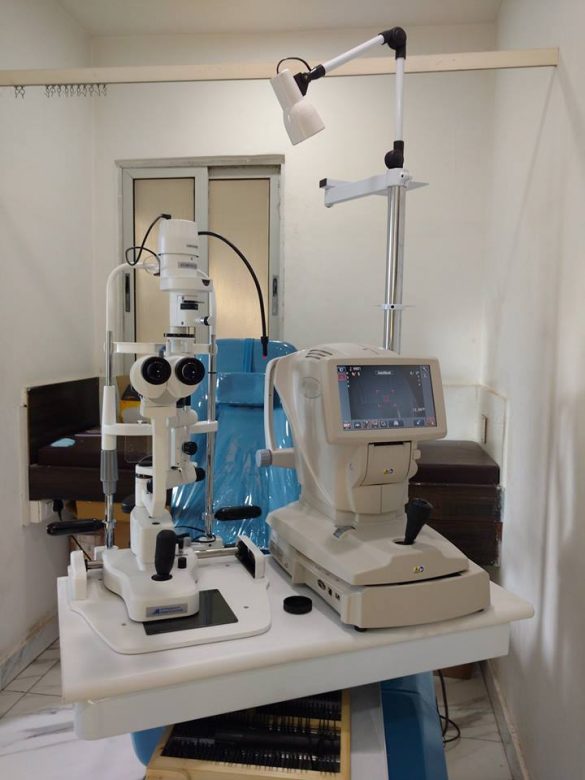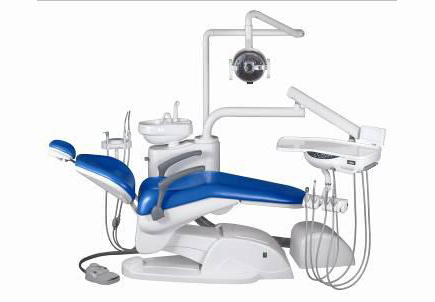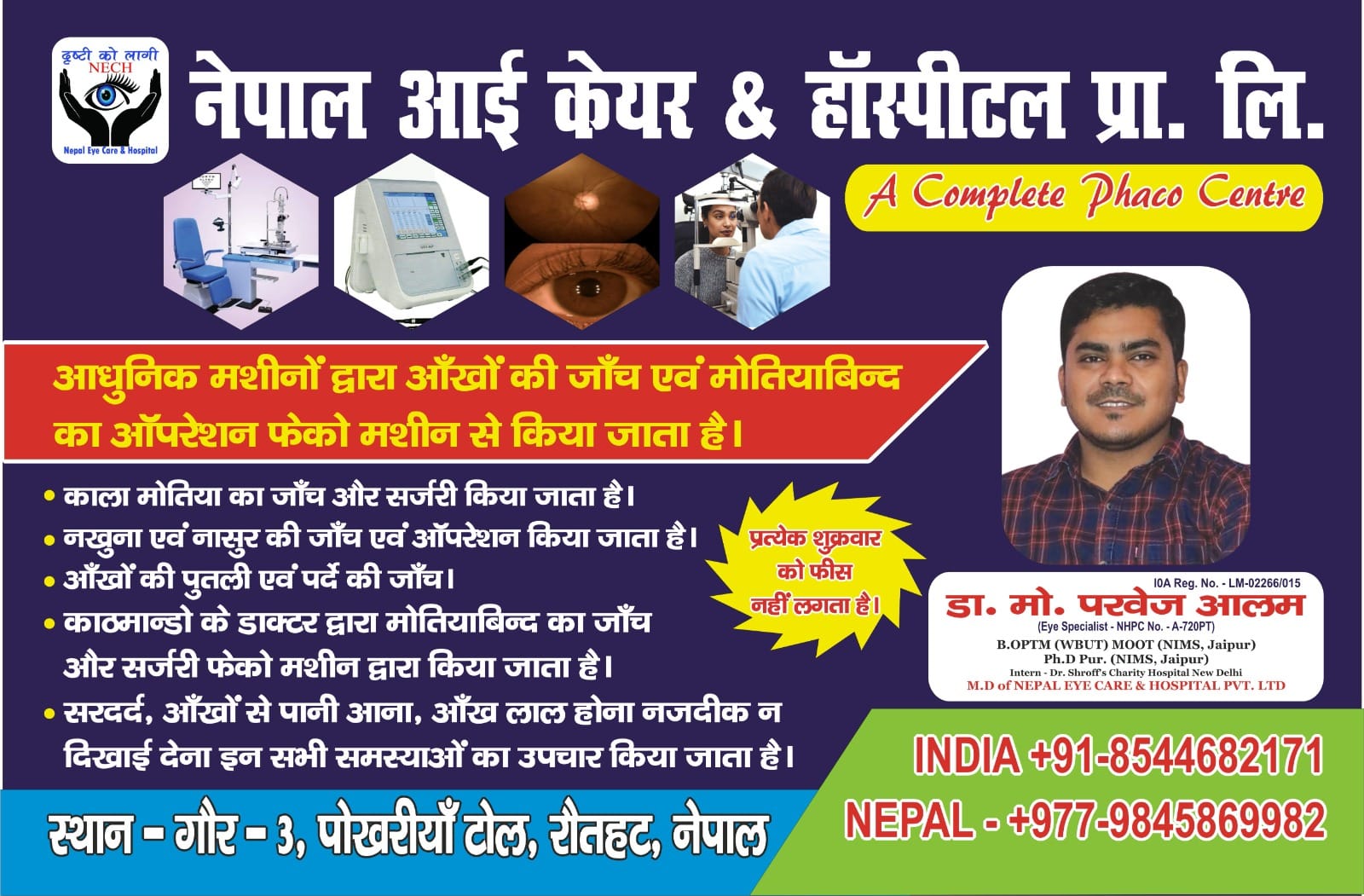About Us
"Empowering Your Vision with Compassionate, Comprehensive Eye Care"

Nepal Eye Care
"Empowering Your Vision with Compassionate, Comprehensive Eye Care"
We Provide Modern machine test and operation, We provide 24x7 service at our Hospital
- Access to Advanced Treatment Options and Technologies
- Comprehensive Diagnosis and Personalized Treatment Plans
- Multidisciplinary Approach and Continuous Care.
At our Eye Care Hospital, patient well-being is our top priority. We are dedicated to maintaining the highest standards of care, ensuring that every patient receives the attention and treatment they deserve. Whether you require routine eye examinations or specialized surgical procedures, you can trust us to provide compassionate and expert care.
Experience the difference in eye care at our hospital, where advanced technology, skilled professionals, and personalized care come together to protect and enhance your vision.
Treatments

Eye care
Utilizing advanced diagnostics and personalized treatments, our eye care department handles everything from routine exams to complex surgeries like cataract and LASIK.

Dental Care
We offer comprehensive dental services, including preventive, restorative, and cosmetic dentistry, all performed with the latest technologies for optimal patient comfort and care.

Laboratory Facilites
Our on-site lab conducts a full array of diagnostic tests with advanced equipment, providing quick and reliable results to aid in accurate diagnosis and effective treatment planning.

Glass Service.
Our optical center features a diverse selection of eyeglasses and contact lenses, ensuring precise fitting and adjustments for the best vision correction and comfort.
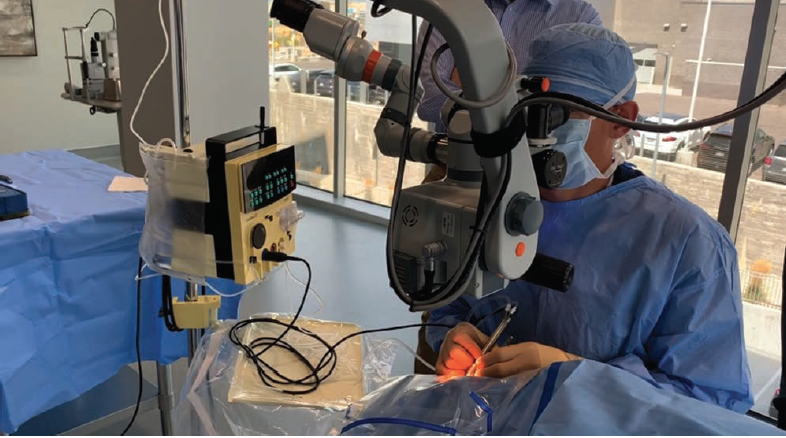
Advanced Technology at Our Eye Care Hospital
At our Eye Care Hospital, we leverage state-of-the-art technology to provide the highest quality of care for our patients. Our commitment to utilizing the latest advancements in eye care ensures precise diagnoses, effective treatments, and quicker recovery times. Here's a summary of the advanced technologies we employ:
1. Advanced Diagnostic Equipment
- Optical Coherence Tomography (OCT): A non-invasive imaging test that uses light waves to take cross-section pictures of the retina, aiding in the diagnosis and management of retinal conditions.
- Digital Retinal Photography: High-resolution imaging of the retina to detect and monitor conditions like diabetic retinopathy, macular degeneration, and glaucoma.
- Corneal Topography: Maps the surface curvature of the cornea, essential for fitting contact lenses and planning refractive surgery.
- Visual Field Analyzers: Assess the patient’s field of vision to detect early signs of glaucoma and other neurological conditions.
2. Laser Technology
- Excimer Laser: Used in LASIK and PRK procedures to reshape the cornea with precision, correcting refractive errors such as myopia, hyperopia, and astigmatism.
- Femtosecond Laser: Provides bladeless, highly accurate incisions in cataract surgery and corneal transplants, enhancing the precision and safety of these procedures.
- YAG Laser: Treats posterior capsular opacification (a common post-cataract surgery complication) and performs peripheral iridotomy in glaucoma patients.
3. Minimally Invasive Surgical Systems
- Phacoemulsification Units: Utilized in modern cataract surgery, these units use ultrasonic energy to emulsify the cloudy lens, which is then replaced with an intraocular lens (IOL).
- Micro-Invasive Glaucoma Surgery (MIGS) Devices: Innovative tools that provide safer, less invasive treatment options for glaucoma patients, reducing intraocular pressure with minimal recovery time.
4. Advanced Retinal Surgery Systems
- Vitrectomy Machines: Allow for precise removal of the vitreous gel and treatment of retinal conditions such as detachment, macular hole, and vitreous hemorrhage.
- Endolaser Systems: Used during retinal surgery to seal retinal tears and treat proliferative diabetic retinopathy.
5. Specialty Imaging and Treatment Tools
- Fundus Autofluorescence (FAF): Imaging technique to assess the health of the retinal pigment epithelium and diagnose retinal diseases.
- Ultrasound Biomicroscopy (UBM): Provides high-resolution images of the anterior segment of the eye, crucial for diagnosing and managing glaucoma and other anterior segment diseases.
6. Electronic Medical Records (EMR) and Telemedicine
- EMR Systems: Ensure secure and efficient management of patient records, facilitating better coordination of care and quick access to patient history.
- Telemedicine Platforms: Enable remote consultations and follow-up visits, providing patients with convenient access to eye care services from the comfort of their homes.
Call Us
8544682171
Treatment technology

Dental Chair
A dental chair is a specialized chair designed for patient comfort and accessibility during dental procedures. It features adjustable positions to support various dental treatments, ensuring both patient comfort and optimal working conditions for the dentist. Modern dental chairs are equipped with integrated systems for water, air, and electrical outlets, as well as attachments for dental instruments and equipment. They often include ergonomic design features, padded headrests, and armrests to enhance patient comfort. Advanced models may also have built-in lights, digital displays, and controls for precise adjustments, facilitating efficient and effective dental care.
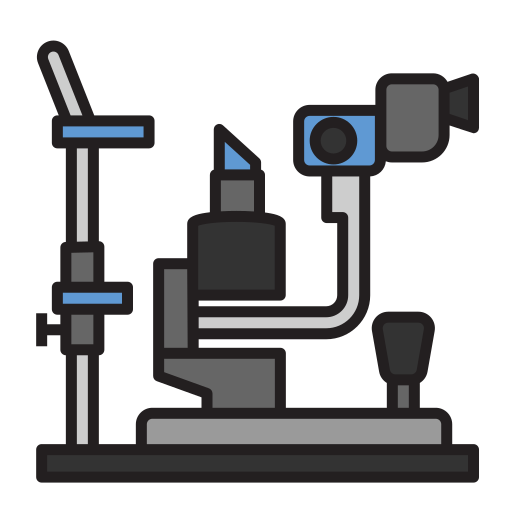
phaco eye machine
A phacoemulsification (phaco) eye machine is an essential device used in modern cataract surgery to remove the clouded lens of the eye and replace it with an artificial intraocular lens (IOL). Utilizing high-frequency ultrasound technology, the phaco machine emulsifies the cataract, breaking it into tiny pieces that can be safely suctioned out through a small incision. This minimally invasive procedure enhances efficiency and safety, reducing surgery time and promoting quicker patient recovery. The machine's advanced controls allow for precise adjustments of power, aspiration, and irrigation, ensuring optimal surgical outcomes and minimizing damage to surrounding tissues. Compact and ergonomically designed, the phaco machine integrates seamlessly into surgical suites, providing surgeons with intuitive controls and enhancing overall patient care.
Frequently Asked Questions
-
How often should I get an eye exam?
It is recommended to have an eye exam every one to two years, depending on your age, risk factors, and whether you currently wear corrective lenses. Your eye doctor will advise you on the best schedule for your needs.
-
What are the symptoms of cataracts?
Symptoms of cataracts include blurred vision, difficulty seeing at night, sensitivity to light, seeing "halos" around lights, and the need for brighter lighting for reading and other activities.
-
Can laser eye surgery correct my vision?
Laser eye surgery, such as LASIK or PRK, can correct vision problems like myopia (nearsightedness), hyperopia (farsightedness), and astigmatism. A consultation with our eye care specialists can determine if you are a good candidate for the procedure.
-
How often should I visit the dentist?
It is generally recommended to visit the dentist every six months for a routine check-up and cleaning. However, your dentist may suggest a different schedule based on your individual oral health needs.
-
What can I do to prevent cavities?
Prevent cavities by brushing your teeth twice a day with fluoride toothpaste, flossing daily, eating a balanced diet, limiting sugary snacks and drinks, and visiting your dentist regularly for cleanings and check-ups.
-
What should I do if I have a dental emergency?
In case of a dental emergency, such as a knocked-out tooth, severe toothache, or broken tooth, contact our dental care hospital immediately. We provide emergency services to address urgent dental issues promptly.

"Empowering Your Vision with Compassionate, Comprehensive Eye Care"
Nepal eye care and hospital gaur ward-3 Rontahat madesh pradesh Nepal
Mohammad Pernej Alam


